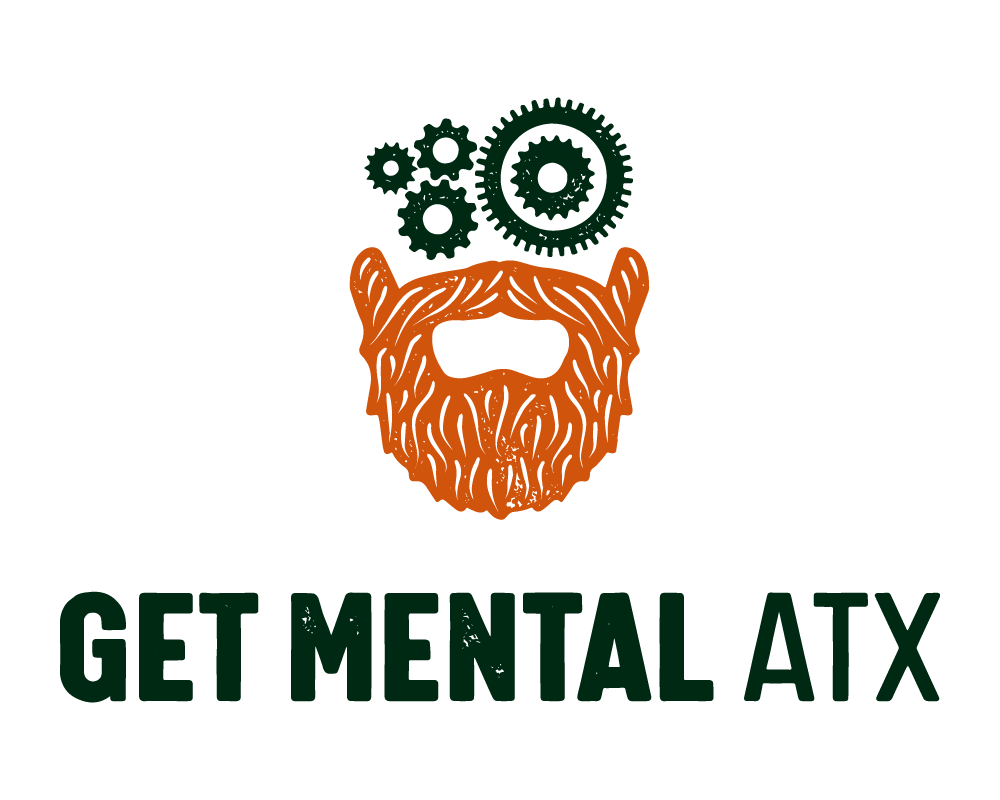What is therapy like?
PIXABAY/CC0
Therapy isn’t always an easy chat with a nice person while sitting in comfortable chairs (or lying down on a couch if you are in the 1800s - because we really don’t do that anymore). In therapy we will ask you hard questions and have uncomfortable conversations. Therapy is a process to get to the truest and most honest version of yourself in order to enable you to address your issues in an authentic way. I’m not here to just give you advice or tell you how to live your life. Even if I had all the right knowledge about your particular circumstances and could correctly determine the best choices for youth make - you would still be the one who has to make those choices. So, therapy is a unique relationship in which the client and therapist work together to use our respective knowledge and experience to help with problems. But there’s talking, usually lots.
What should I do when therapy gets hard?
What should you do when anything gets hard? Do you stick with something even when it’s challenging or do you leave just because it’s no longer easy? No judgement here, just asking you to think about your history. Because therapy will likely get hard. There will probably be times you talk about difficult topics or have to face your own issues. But therapy, good therapy, usually happens because of and through moments like these. To make a comparison, when stretching your muscles there is a point of discomfort on the way to progress right? The plan isn’t to hurt yourself or to sit through excruciating pain, but in order to stretch your muscles some level of discomfort is just a part of the process. Now imagine if you just stopped stretching whenever things became uncomfortable, would you ever become more flexible or get the stretching you need? Of course not. But in those moments if you stick with it and push through some discomfort you can begin to see real change and progress happen. The therapist is supposed to be there for you and working toward your best interest - we wouldn’t ask hard questions or deal with uncomfortable subjects for kicks and giggles, it’s because that’s part of helping you through whatever problem you’re facing.
What about when therapy is going nowhere?
One of the first things I would suggest you ask should you find yourself in this predicament is this, “what are my expectations for therapy?” When we think of any process, like therapy, we tend to conceive of it in a way that highlights the end goal or purpose of the event. But a more productive ways of thinking about therapy might be to wonder how you measure progress and what you are looking for to know therapy has “happened.” Oftentimes we measure progress against our unspoken - and maybe even unacknowledged - expectations. We have this idea of how we think things should go and then judge our experiences against that belief. Sometimes our beliefs are spot on, and sometimes they are way off base. By asking ourselves what we think the goal is and what standard we are using to measure our progress, we might just find that we were asking the wrong questions and expecting the wrong things this whole time.
In my practice I like to set goals with my clients so that we can ensure we are on the same page. I ask what they are trying to accomplish and then we set out to work on that issue and get to that goal. Once we get there, congratulations, therapy is done!
What do I talk about in therapy if I don’t have anything to say?
If I, as the therapist, am paying attention and doing my job well then this shouldn’t really be a concern. While I will often ask my clients what’s going on in their lives and how they have managed since our last appointment, I try to always have a plan of action for that session. I will often try to steer our conversations that direction so that the issues we need to talk about feel as if they arise more organically - its usually more comfortable this way.
But the question remains; what to do if you don’t have anything to say. In cases like this I would suggest that you bring this up to your therapist. Tell them you aren’t sure what to talk about and ask for direction. Alternatively, you can ask questions of the therapist. Ask about their week or what kinds of thoughts they have about your situation or if they like puppies. Therapy requires lots of talking and if you aren’t sure what to say, feel free to say something.
Next time…how to tell when it’s time to end therapy

